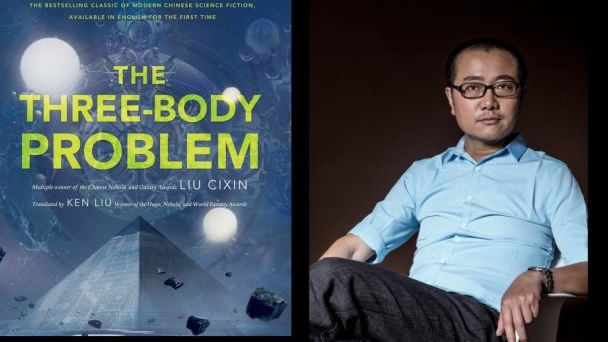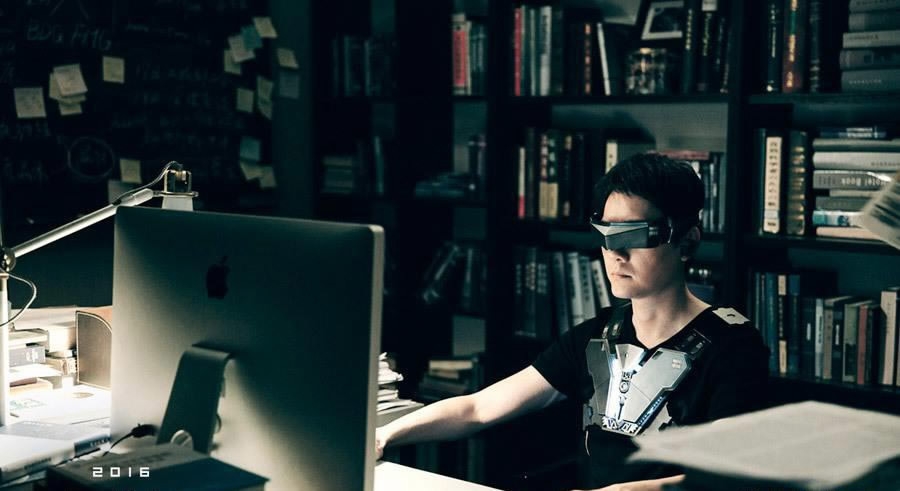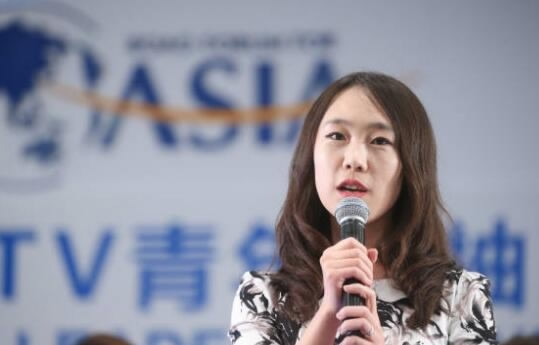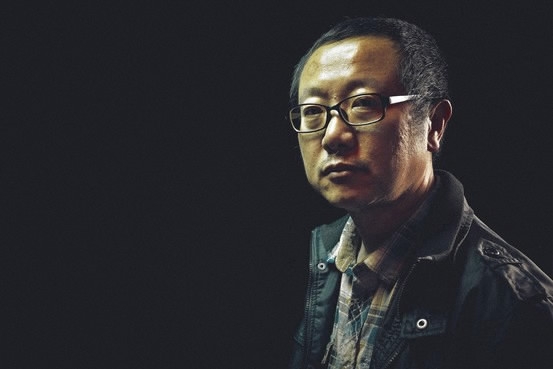
Culture
11:27, 16-Aug-2017
Liu Cixin: Chinese sci-fi short story writers can win Hugo Awards
CGTN

Chinese authors' best chance of winning a Hugo Award for science fiction lies in the novelette or short story categories, according to award-winning sci-fi writer Liu Cixin.
"One thing that I am sure is that Hugo Awards will not have anything to do with me for a long time," Liu said after his work Death's End lost out to N.K. Jemisin's The Obelisk Gate in the Best Novel category at the 2017 Hugo Awards on August 11 in Helsinki, Finland.

Stage photo of the 3D science fiction film, Three-Body Problem, based on the novel of the same-title. /Xinhua Photo
Stage photo of the 3D science fiction film, Three-Body Problem, based on the novel of the same-title. /Xinhua Photo
"The Three-Body Problem", also known as the first novel in his trilogy titled "Remembrance of Earth's Past", won Liu the 2015 Hugo Award for Best Novel. The Chinese author became the first Asian to take home the world's highest honor for science fiction.
Chinese writers cut a figure

Hao Jingfang speaks at 2017 Boao Forum For Asia. /VCG Photo
Hao Jingfang speaks at 2017 Boao Forum For Asia. /VCG Photo
One year after Liu won the Hugo Award for Best Novel, Chinese writer Hao Jingfang became the second Chinese winner of a Hugo Award when her novel "Folding Beijing" was awarded the Best Novelette.
All these accomplishments have been a good start for Chinese sci-fi works to be recognized by the outside world, noted Liu.
He also said that there are many talented short-story writers and excellent short works in China.
"Being well promoted, they may have chances to win."
'Little chance to save traditional sci-fi from declining'

Liu Cixin /Photo via Wall Street Journal
Liu Cixin /Photo via Wall Street Journal
Despite the fact that his science fiction work "The Three-Body Problem" sold over one million copies domestically and more than 300,000 copies overseas, Liu believes the traditional science fiction that he represents will continue to decline.
Science has developed to the extent that people are surrounded and bombarded by all kinds of new technologies, meaning "people are no longer curious about science fiction."
The shortened distance between real science and science fiction is the fatal challenge to traditional sci-fi writers, and what adds to the frustration is that Liu can "see no way out of the dilemma."
6326km
Source(s): Xinhua News Agency

SITEMAP
Copyright © 2018 CGTN. Beijing ICP prepared NO.16065310-3
Copyright © 2018 CGTN. Beijing ICP prepared NO.16065310-3